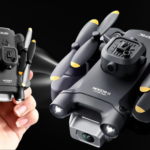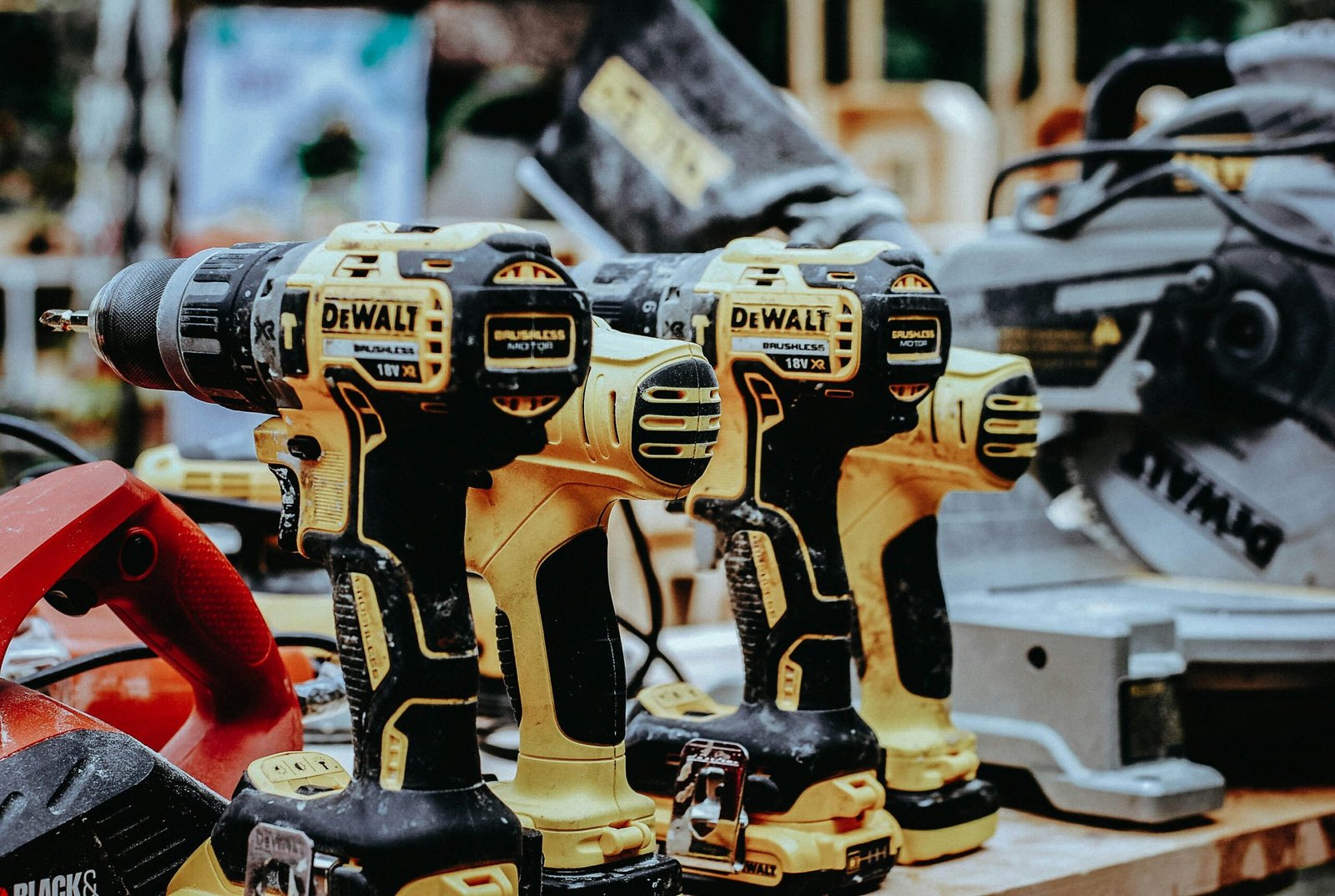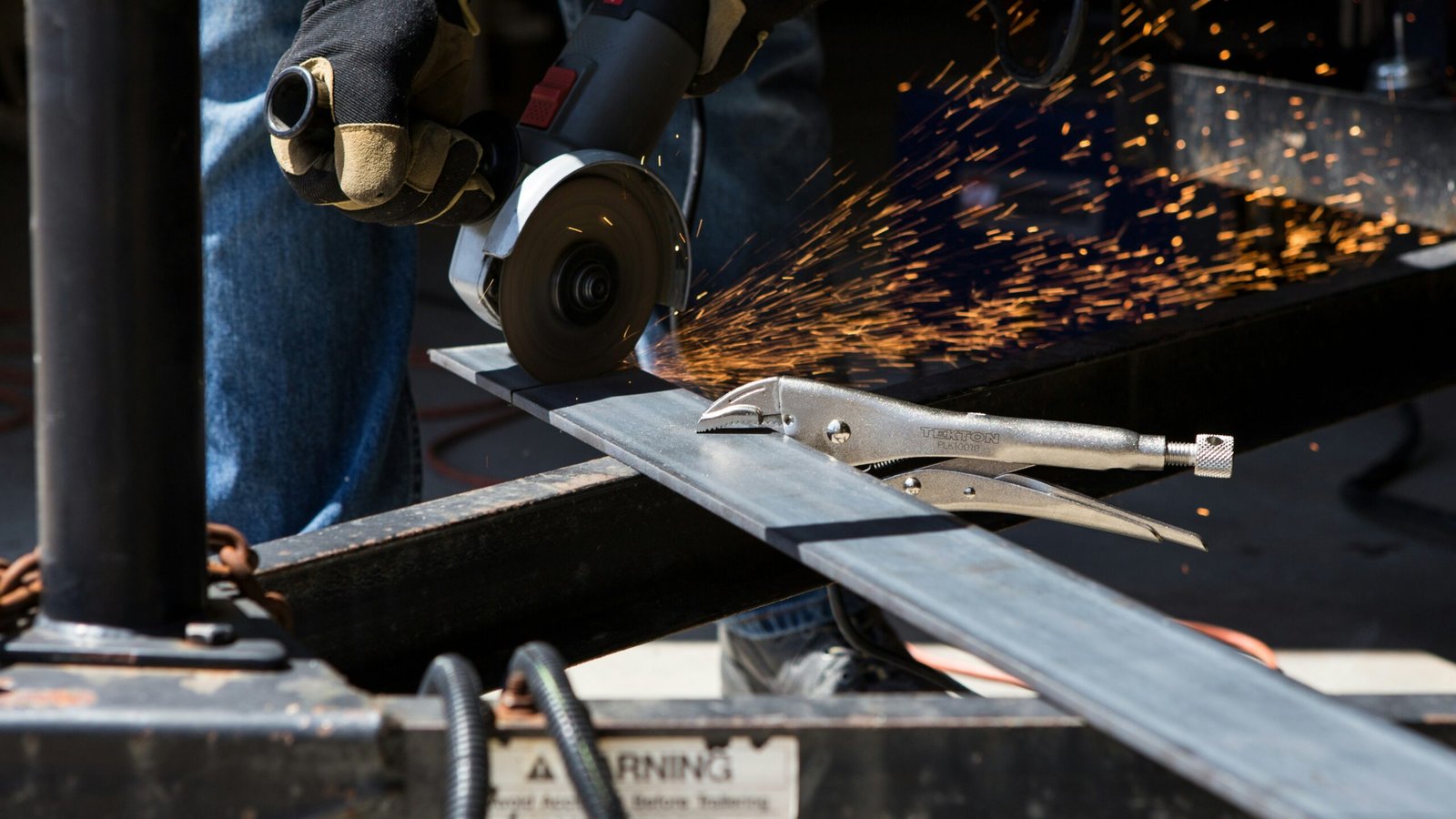Understanding Power Tools
When it comes to home improvement projects, choosing the right power tool can make a significant difference in efficiency and ease of work. Among the most common dilemmas faced by DIY enthusiasts and professionals alike is the choice between cordless and corded power tools. Each comes with its own set of advantages and disadvantages.
Cordless Power Tools: Freedom and Convenience
Cordless power tools are designed for mobility. Without the restriction of a cord, users can navigate freely around the workspace. This feature is especially valuable for outdoor projects where access to power outlets may be limited. Furthermore, advancements in battery technology have greatly improved their performance, offering longer run times and faster charging. However, they can be heavier due to the battery and may require periodic recharging, which can interrupt workflow.
Corded Power Tools: Reliability and Power
Corded power tools, on the other hand, provide a consistent source of power, ensuring that you won’t face interruptions. They generally deliver more power and torque, making them suitable for demanding applications. Corded options are often preferred for long-term projects or professionals who need high-performance tools. However, the limitations of having a cord could restrict movement and complicate access in tight spaces.
In summary, the choice between cordless and corded power tools depends on your specific needs. Cordless tools offer flexibility and convenience, while corded tools deliver reliable power and longevity. Assess your projects, consider the environments, and select the power tools that will enhance your efficiency and comfort during use.












